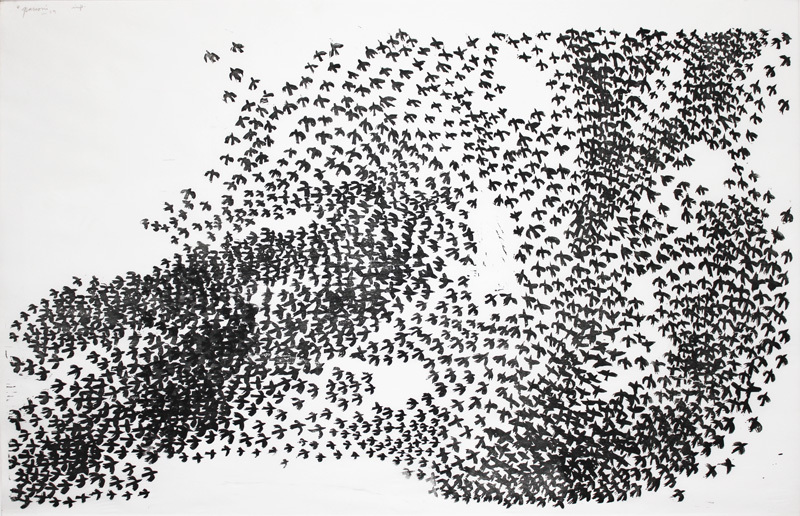
“Autonomy Among Us”: An Interview with Quebec Student Strike Organizers
A lot of people involved in the different CUTE committees were involved in the 2012 student strike and from that experience we drew some critiques that led to new forms of organizing in the student movement. One of them was the critique of centralization that led to creating autonomous committees, which are the CUTE. One of the principles that led to this movement is that of political autonomy, to try to achieve this as much as we can.
 Viewpoint Magazine
Viewpoint Magazine







